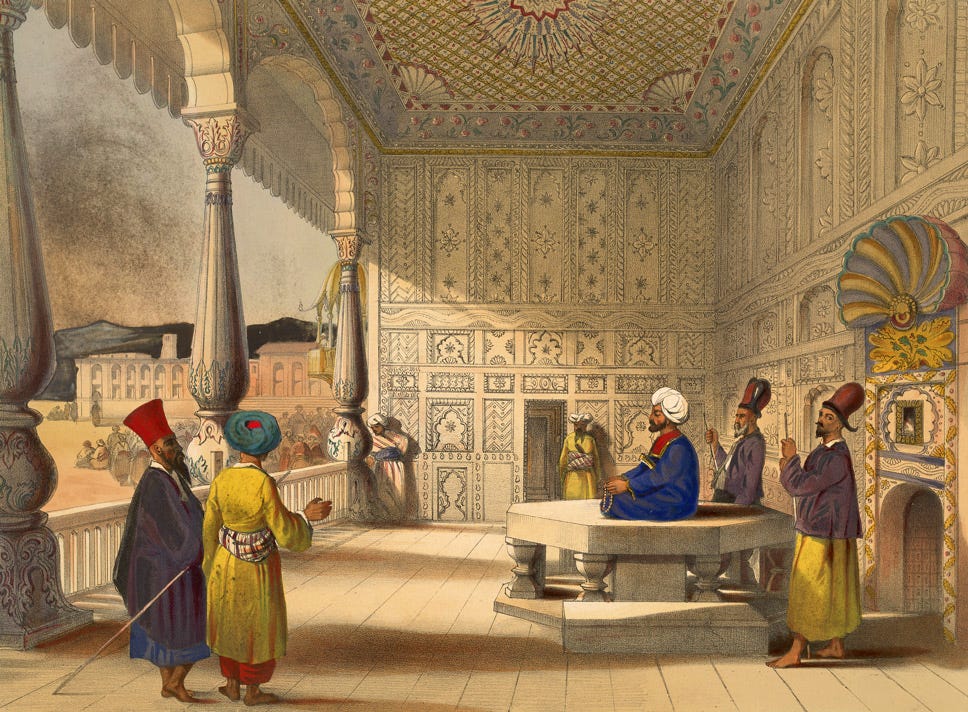Present Tense
Why we all ought to be more interested in history

“Not to know what happened before one was born is always to be a child.” — Marcus Tullius Cicero
Leadership is messy.
Regardless of the time or situation in which they find themselves, there are choices leaders face that are difficult, outcomes that are unexpected, and interactions that can go sideways.
The leader confers with trusted advisors and relies on well-picked team members to make decisions to the best of their ability at the time.
But leadership isn’t like choosing ham or tuna for your sandwich. It’s much more nuanced and requires weighing forces seen and unseen, to result in an outcome that is, on balance, a net positive.
Part of doing that is not only living in the present, but understanding the past. Taking stock in those whose shoulders on which you stand to help you determine what needs doing now.
“We are all part of a larger stream of events, pa…



